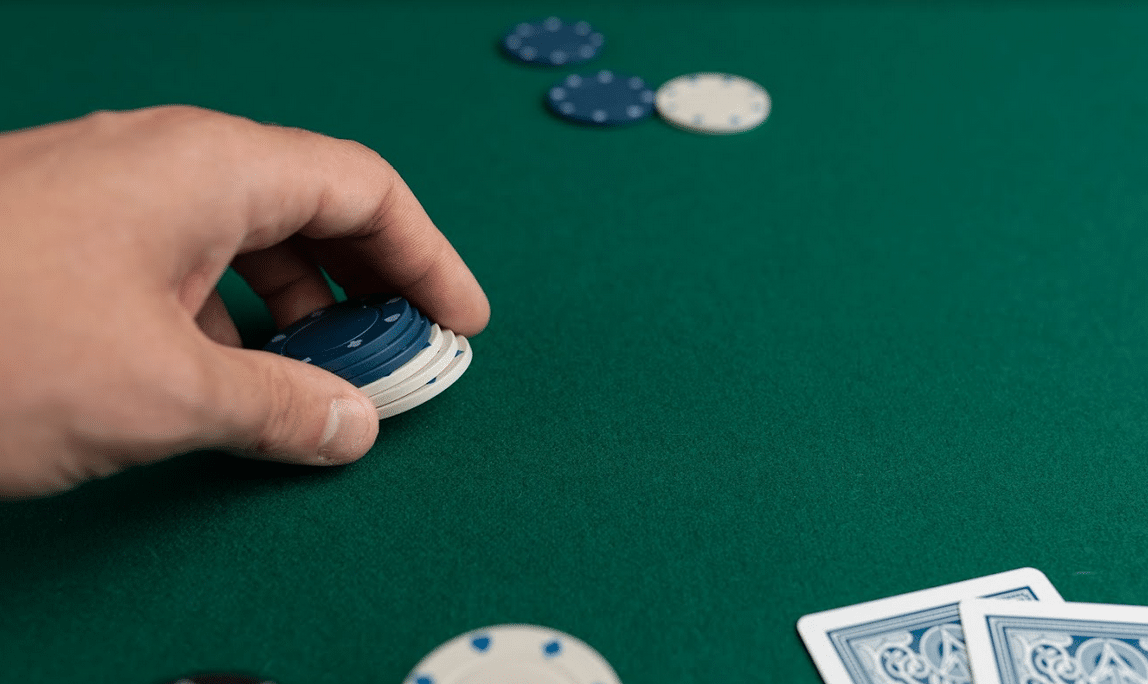There are a few things to remember when it comes to betting in poker. First, make sure your bet size is reasonable. You don’t want to send the message that you’re not confident or strong. Many players cut back on their bet size during later rounds. Instead, choose the bet size that gives you the most profit potential over the long run.
You can also make value bets, which means betting the most money you can afford while still getting a call. This strategy is usually used with good hands, in order to maximize your profit potential. If you can get a call with your hand, you’ll be able to bet more, which can lead to a larger pot.
You should also consider your opponent’s hands before betting. This is one of the most important factors in making value bets. This skill takes a lot of practice, but will come naturally after you play thousands of hands. By making value bets, you’ll be able to separate the winners from the losers.
Betting is a fundamental part of the game of poker. It allows you to put extra money into the pot and create big pots and big winners. Using a sound betting strategy, you’ll be able to steal money from your opponents who have weaker hands. And, while you’re at it, make sure to be polite and courteous when it comes to betting.
Betting in poker can make or break your game. It is important to understand what your opponents are thinking of you before you make a bet. Remember to always ask yourself two questions before you place a bet. Is it a value bet? Is your opponent bluffing?
Once you’ve made a decision, you can check your cards to make sure your hand is solid. You can do this by tapping your table or saying, “check.” Once you’ve checked your cards, you can execute the rest of your betting. You can also check your bets by placing your chips into the middle of the table.
Another important tip for betting in poker is to always consider the strength of your hand. If you have a great hand and your opponent has a weak one, you can use a slow-play strategy to scoop the pot. This strategy will allow you to keep your good hand while preventing your opponent from making a mistake. However, be careful not to overbet, since your opponents might notice it.
You can also try to make a semi-bluff, which is a good strategy if your hand has the potential to improve. If you can get your opponent to fold, you may win the hand. However, you might find it difficult to build a solid pot if your opponent has the best hand.


